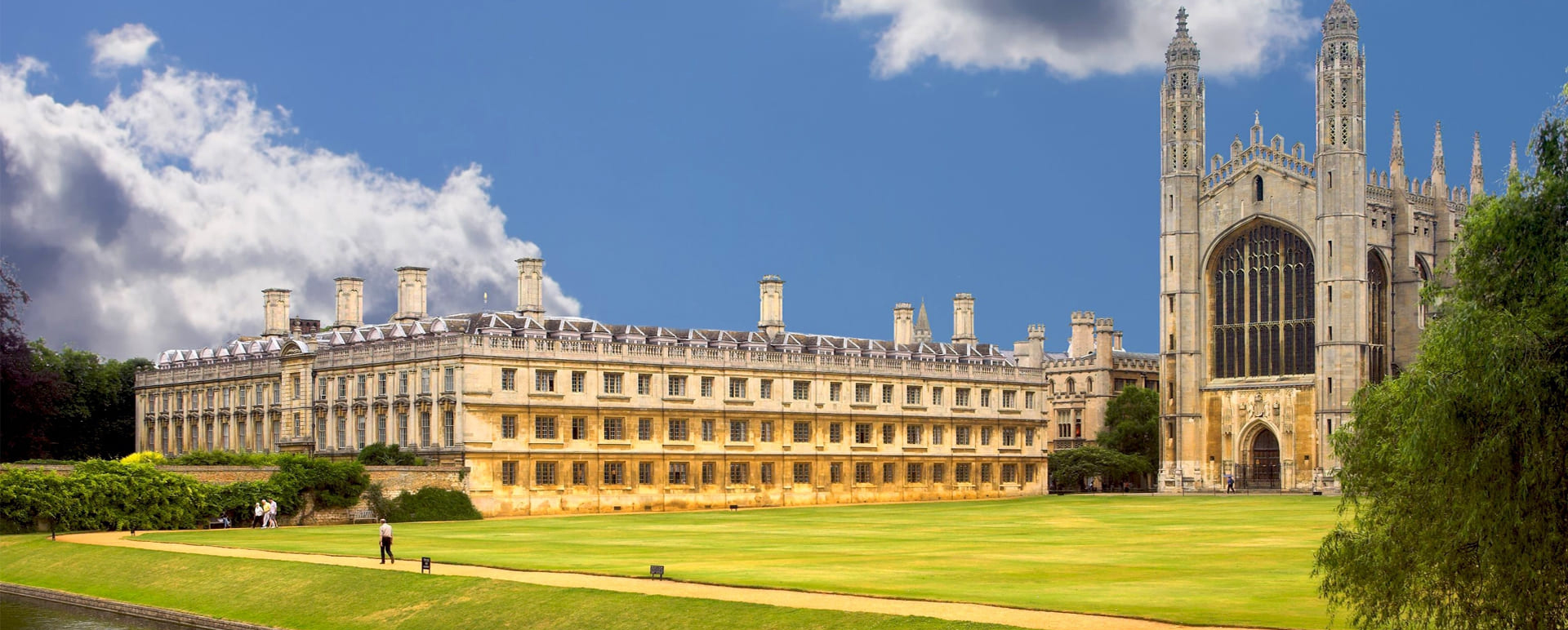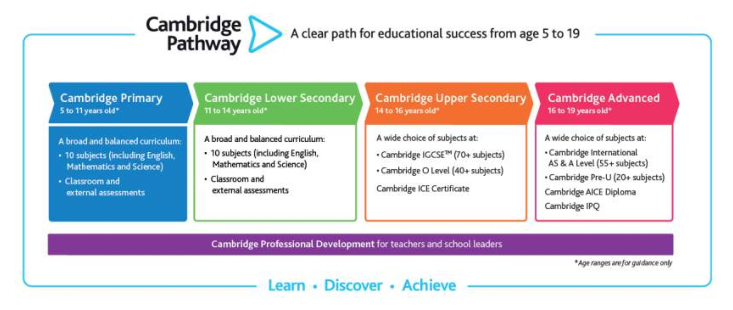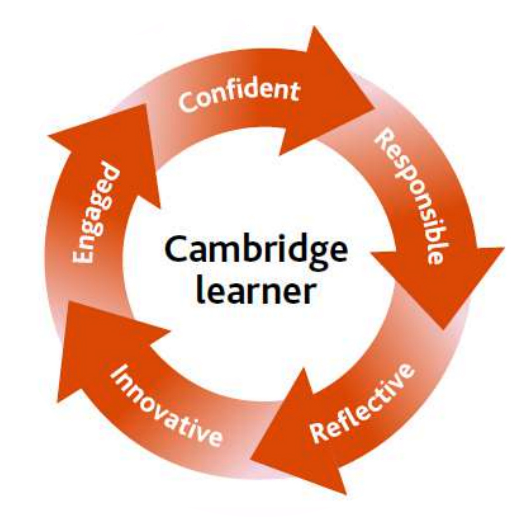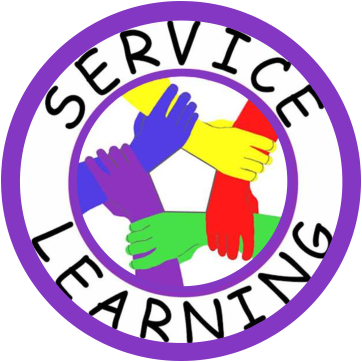-
Visitor No
-
-
- Parent Login
- Contact Us
Visitor No



It prepares school students for life, helping them develop an informed curiosity
and a lasting passion for learning. It has a 150-year history of providing international
exams and nearly a million students in over 10,000 Cambridge schools in 160
countries (Read more on www.cambridgeinternational.org/primary).
Cambridge quali cations are accepted and valued by universities
around the world, including by the AIU, MIT, Harvard and Cambridge. Students
moving between Cambridge schools can continue their studies following the same
curriculum.
Cambridge International helps students become condent, responsible, reective,
innovative and engaged, ready to tackle the demands of tomorrow’s world,
capable of shaping a better world for the future.
The four stages of Cambridge Pathway lead seamlessly from primary to secondary and
pre-university years. Each stage – Cambridge Primary, Cambridge Lower
Secondary, Cambridge Upper Secondary and Cambridge Advanced – builds on the learners’
development from the previous one, but can also be offered separately.

Cambridge Primary starts learners on an exciting educational journey, setting out what they should be able to do at each stage of their primary education. Typically for students aged 5 to 11 years, the programme offers a broad curriculum with 10 subjects including English, Mathematics and Science. It is offered by more than 1800 primary schools in over 95 countries worldwide.

A global learner in a local context.
A broad curriculum for a balanced education.
A flexible approach.
A robust foundation with excellent progression.
An aligned programme based on the latest research.
Integrated approach- Curriculum, pedagogy and assessment are aligned to develop knowledge, understanding and skills.
Cambridge Primary Curriculum offers exibility to choose as per the need of the
students within the cultural context. Cambridge Primary subjects and learning
objectives ensure a smooth progression throughout Cambridge Primary and
onwards into Cambridge Lower Secondary and beyond.
It provides foundation for
progression to other education systems. There are 10 subjects to choose from.
Each comes with a clear set of learning objectives
With the Cambridge Pathway, your child is joining a global community of learners from more than 10,000 schools in over 160 countries. By developing a global outlook in Cambridge learners, we aim to equip them for success in the fast-changing modern world.
The Geo-Inquiry Process is a powerful way to put the National Geographic Learning Framework into action and create critically thinking and informed citizens who are able to take action at local, regional, and global scales. The students will explore the topic through geo-inquiry which helps to develop critical thinking skills and questioning the world around them. As they work through the geo-inquiry process, they will enhance their problem-solving skills, and grow an explorer’s mindset. It is a student-driven 5-step process that serves as a framework to analyze local issues. The five phases are: ASK-COLLECT-VISUALIZE-CREATE-ACT.

The “Service-Learning Programme” (SLP) is for students to understand their capacity to make a meaningful contribution to their community and society. Through service, students develop and apply personal and social skills in real-life situations involving decision-making, problem-solving, initiative, responsibility, and accountability for their actions. The programme introduces collaborative engagements within the school in response of the authentic need of the community.

Challenge based learning is a collaborative learning experience in which students and teachers work together to learn about compelling issues, propose solutions to real problems, and take action. The approach asks students to reflect on their learning, study the impact of their actions and present their learning to the school community. For us CBL is deeply ingrained in developing community service as a learning goal for students
Community projects help students to develop empathy and compassion for their community and environment. They learn to understand the consequences of their choices and how they can act in a responsible way. The program further enhances the sense of ownership among students by encouraging them to involve in activities that supports their local community.
Challenge Based Learning begins with a big idea and cascades to the following: the essential question; the name of the project chosen; guiding questions, activities, and resources; determining and articulating the solution; taking action by implementing the solution; assessment; and publishing the solution and sharing it with the community. Reflection on each step is an important part of the process
© 2020 MRG School. All Right Reserved.
